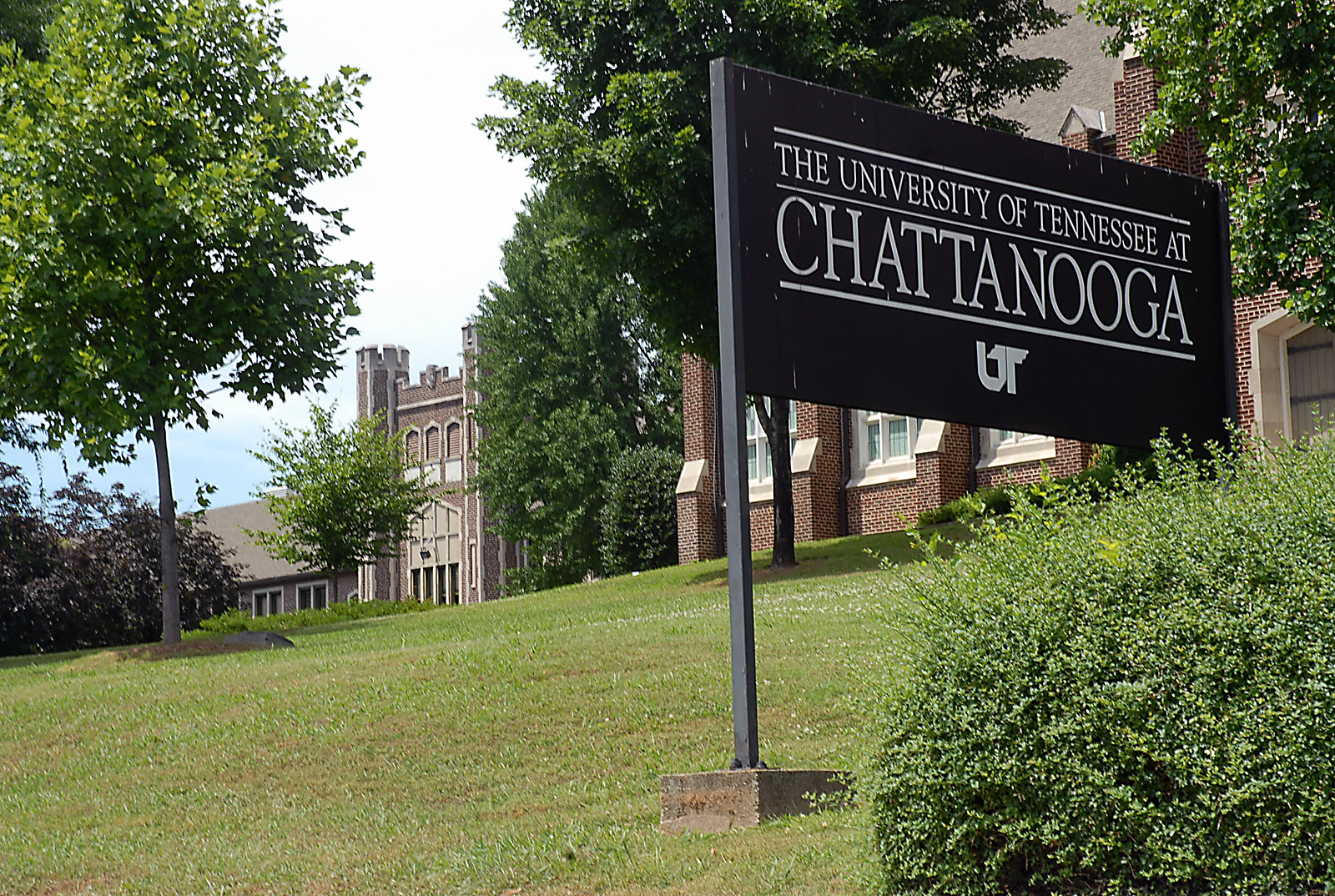Student drinking numbers at UTC less than nation's
Friday, January 1, 1904
BY THE NUMBERS
Responses by UTC freshmen to the Alcohol Edu survey:• Nondrinkers: 72 percent• Light drinkers: 11 percent• Heavy drinkers: 17 percent(Based on survey of 1,912 freshmen in 2011)
University of Tennessee at Chattanooga freshmen are more likely to spend time hitting the books than hitting the bars.
More than 70 percent of UTC freshmen -- a figure higher than the national average -- self-identified as nondrinkers on the 2011 Alcohol Edu survey, said Tricia Henderson, coordinator of alcohol and other drugs and mental health education at UTC.
The university also had a lower-than-average rate of students who reported high-risk drinking, just 17 percent.
Freshmen entering UTC are required to take the two-part Alcohol Edu course, a national program which offers information about drinking and health resources and asks them about their drinking habits. The course was implemented in fall 2011. Results for the second year of the survey will be completed in October.
"We're monitoring what their perceptions are, whether they engage in alcohol and drug use, what's changing and what does that culture look like," Henderson said.
Though Henderson said she was not surprised by the results, she was pleased with them. She said the challenge now is to keep students engaging in healthy behaviors regarding alcohol use.
"I think anywhere we can grab our students' attention and have an hour or five minutes to talk to them, that's good," Henderson said. "I can't get out personally and talk to students -- there's not any single person on campus that can do that -- but we know within four years that the majority of our students have heard at least [about Alcohol Edu]. I know that I'm not going to hit 100 percent of our population, but high 90s is great."
Students have mixed thoughts on the Alcohol Edu course and the survey results.
Jeamill Sloan, a sophomore who took the course in 2011, said he thought it provided useful information.
"It taught you have to calculate your blood alcohol content and stuff like that, which is helpful," he said. "It was also kind of helpful for girls because it showed how they couldn't drink as much as guys, and how that worked."
Freshman Akeela Vaughter disagreed, saying she didn't think the course provided anything helpful.
"It's time-consuming," she said. "I don't think it should be required -- they're just going to drink if they want to drink anyway."
She suggested the university make the course an elective for students instead.
Freshman Jayde Taylor also said the course was too long and time-consuming, and he was surprised by the survey results.
"The stereotyping of college kids -- they make them out to be partying all the time," she said. "But that's not always the case."
Henderson said one of the areas of education she was targeting was to let nondrinkers know that they are not alone.
"I think we all operate under the misconception that all students engage in the high-risk behavior, but there's a large percentage of students that report they don't drink," Henderson said. "We target the high-risk drinkers because they suffer, but we want to reward or engage the nondrinkers as well."
Contact staff writer Rachel Bunn at rbunn@timesfreepress.com or 423-757-6592.
